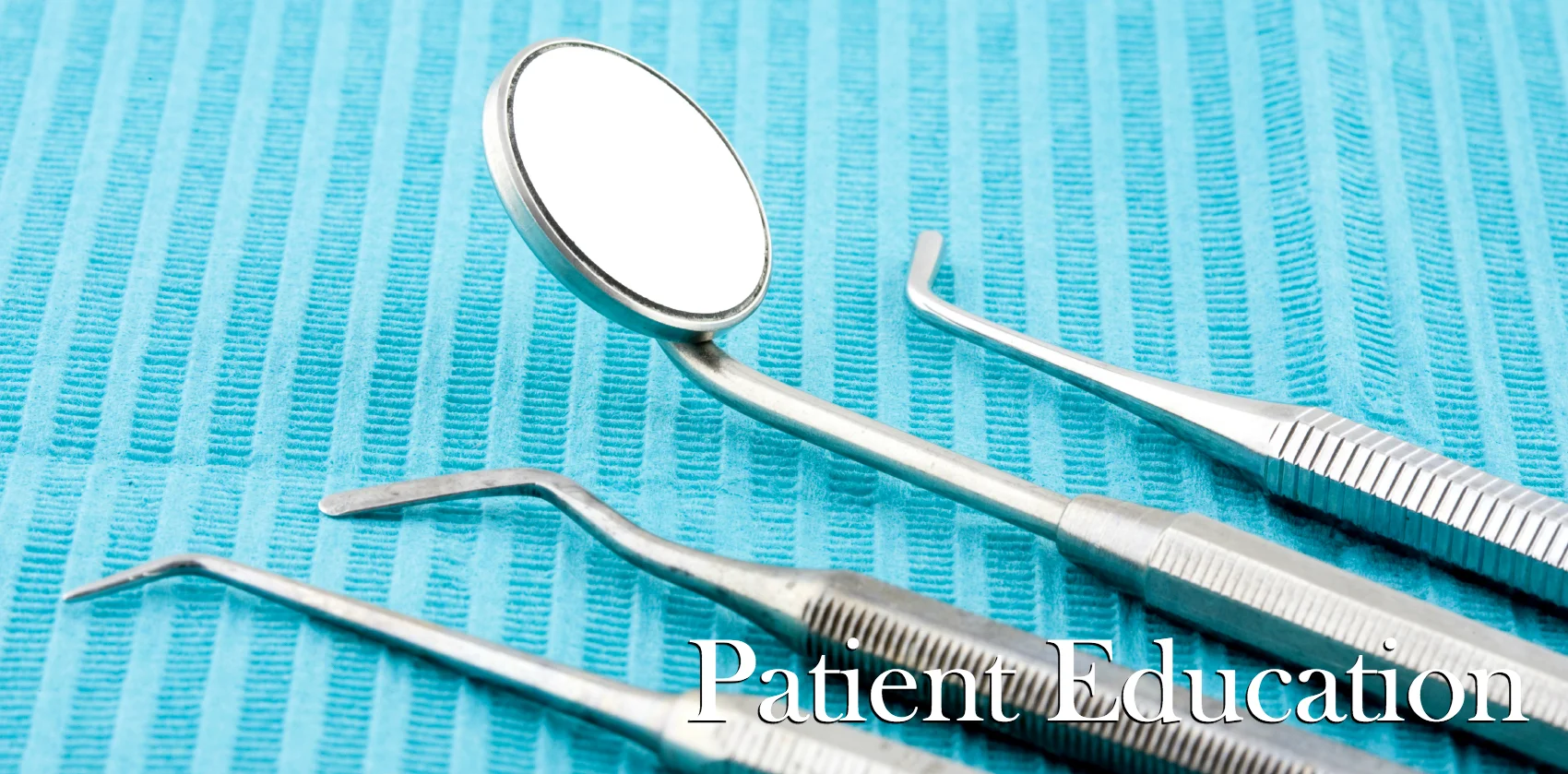Wether you've had a tooth extracted before or not, chances are that you have some idea of what is involved in this procedure. You would probably expect that every patient gets stitches (professionally called sutures) before they are allowed to leave. A dentist wouldn't let you go with a giant hole in your jaw, right? On the contrary, there are many times that sutures aren't a necessary step after extracting a tooth and do not improve the healing process. Take a look!
In the mouth, sutures can assist in the healing of gums and other soft tissues by holding them in a desired place. In complex dental extractions, such as removing wisdom teeth or impacted teeth, the bone and gums around the tooth may need to be moved or partially removed. To ensure that the gums heal cleanly around the jaws and do not create a food trap, sutures are used to approximate natural soft tissue contours. Additionally, stitches are used to help in the formation of healthy blood clots and to help keep grafts and membranes in place during critical healing periods.
For "simple" dental extractions, sutures are not always required. When there is minimal manipulation of the gums and bones AND the patient has a healthy immune system, it is reasonable to expect that the tooth site will heal with no sutures. For most patients, a "scab" will begin to form in the mouth before they leave the dental office, and nearly all bleeding will cease within 2 hours. Research shows that sutures will not help the gums or bones heal faster or assist in preventing post extraction infection. On the contrary, the most important determining factor in extraction outcomes is following the post operative instructions given to you by your dentist!
It is often hard to tell if a patient will need sutures until after the extraction procedure is finished. Sometimes, even the most simple-seeming teeth require more manipulation and work than they initially let on. As with every procedure, we do our best to inform you of changes to your treatment plan as they arise. If you would like to know more about tooth extractions, oral surgery or other dental procedures, please give our office a call!







